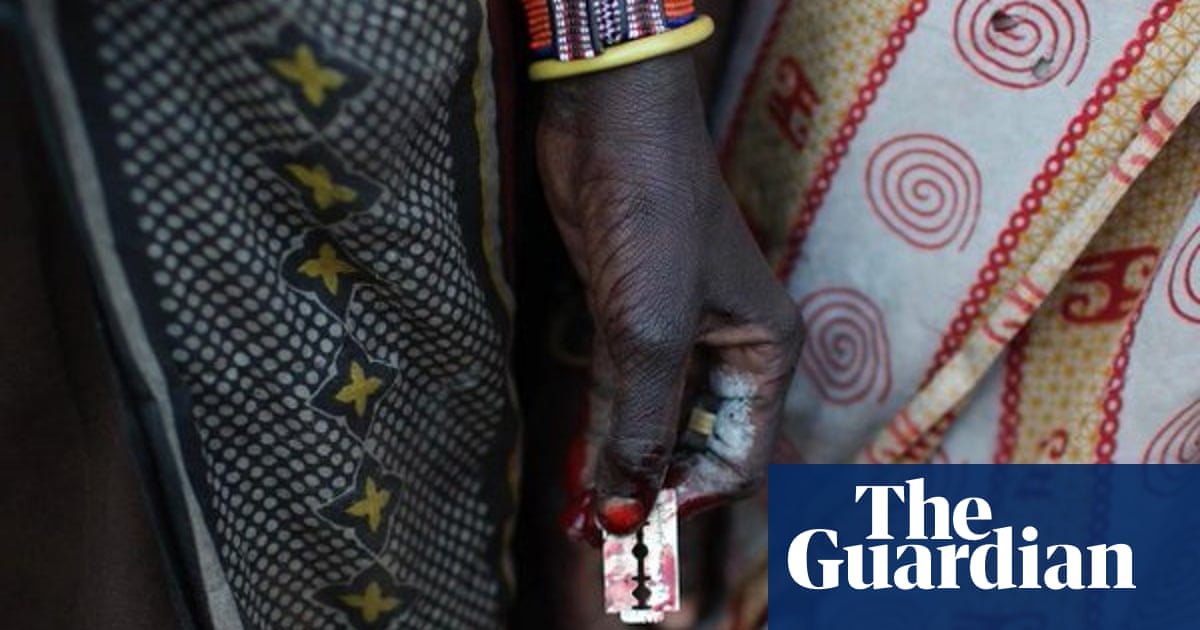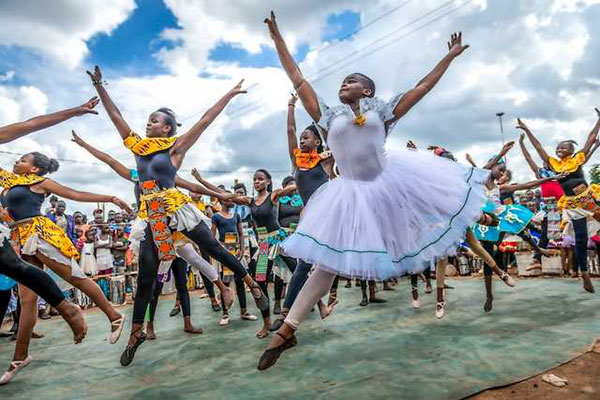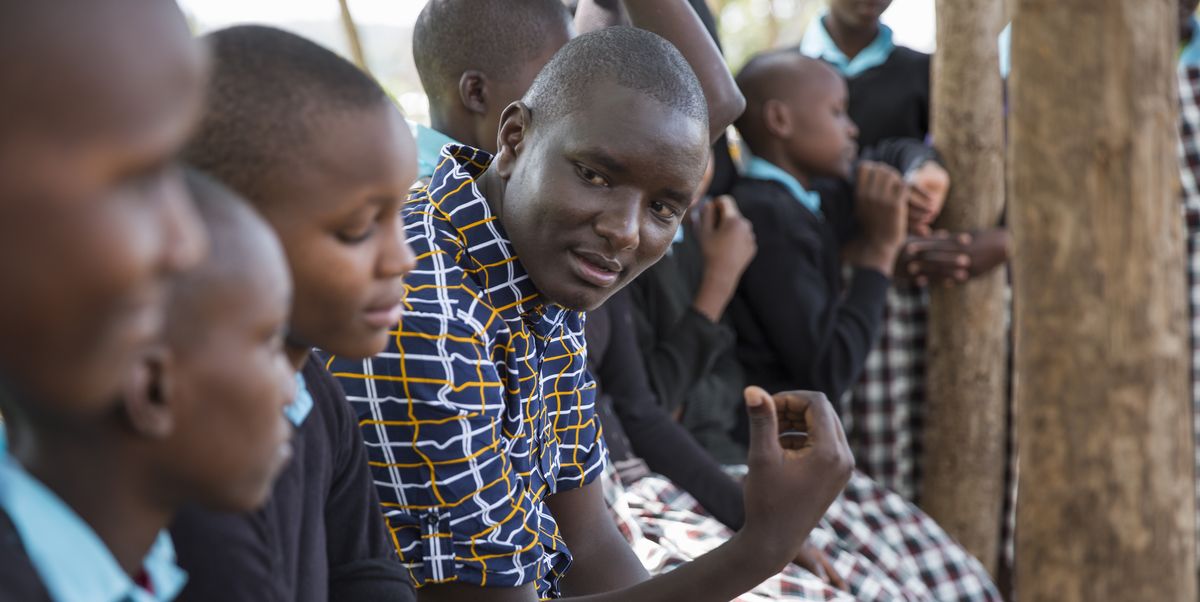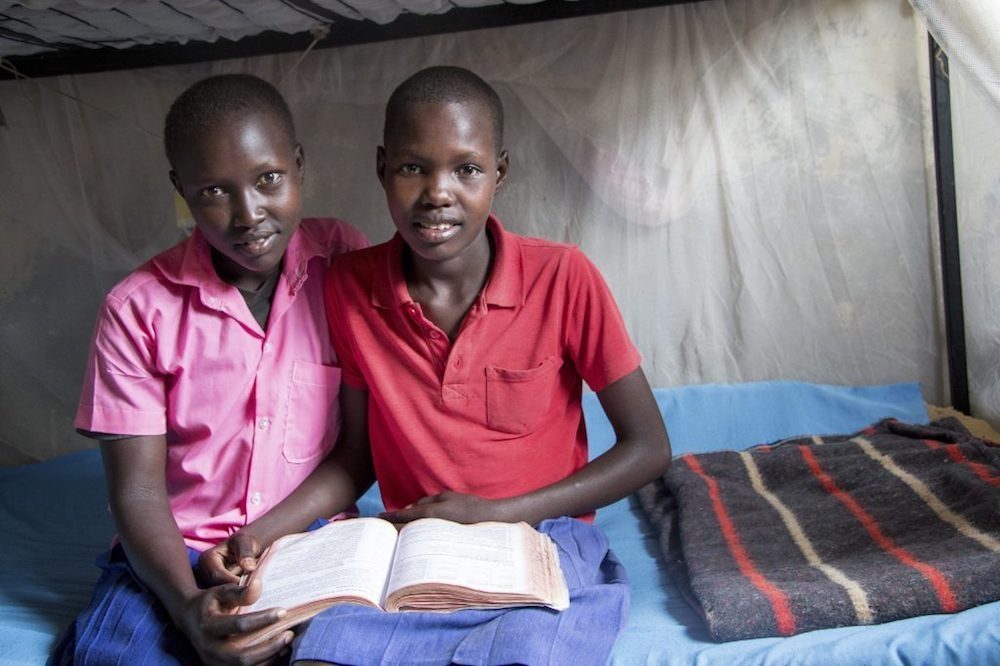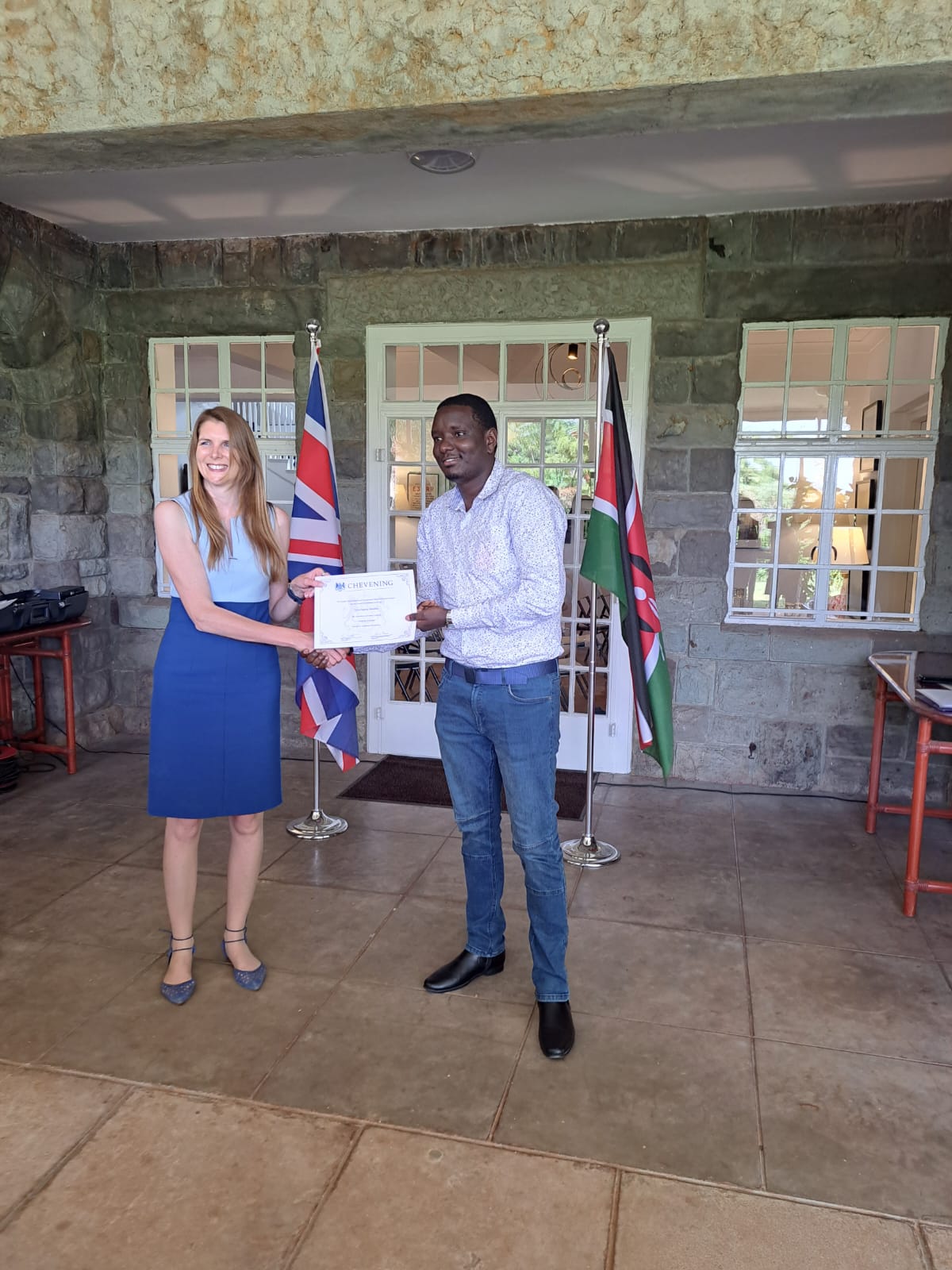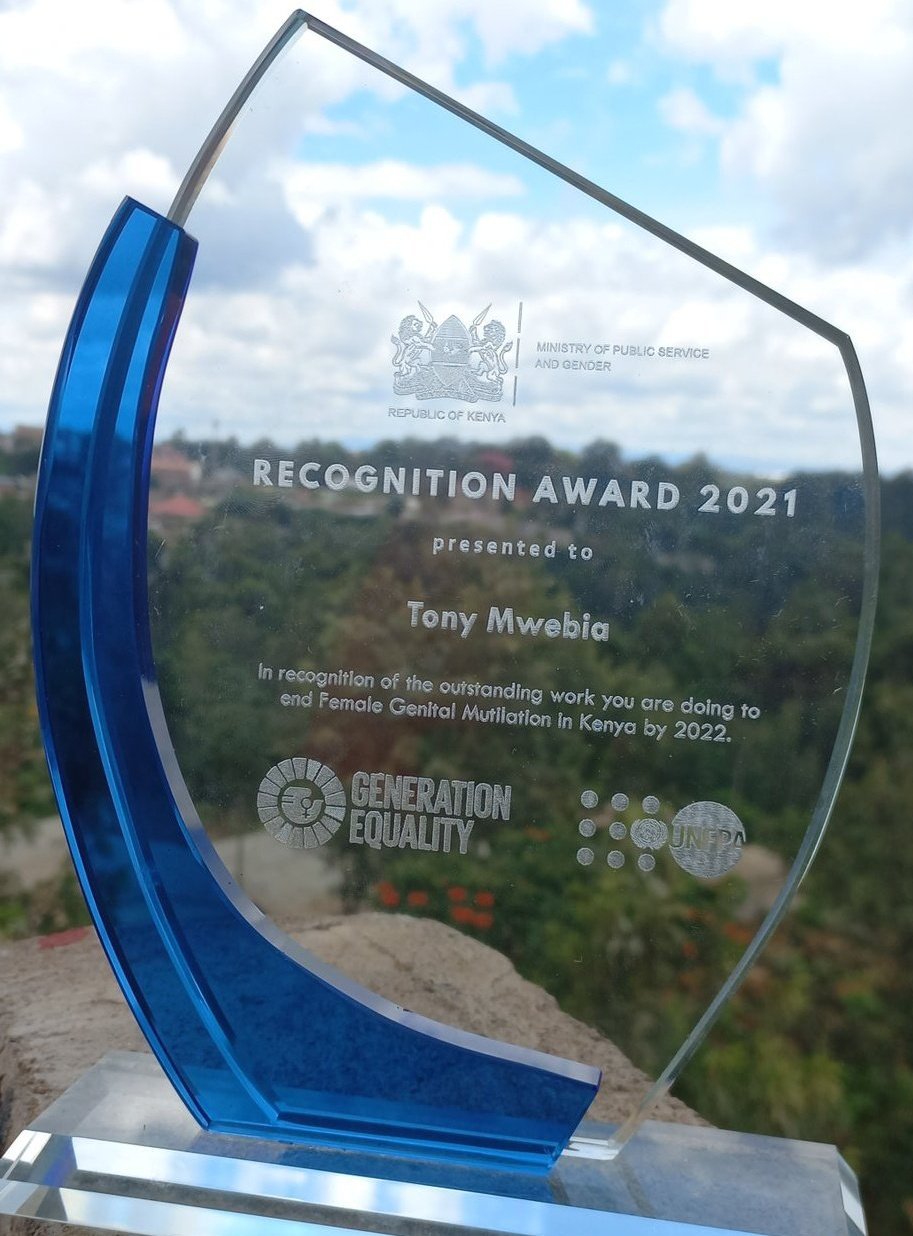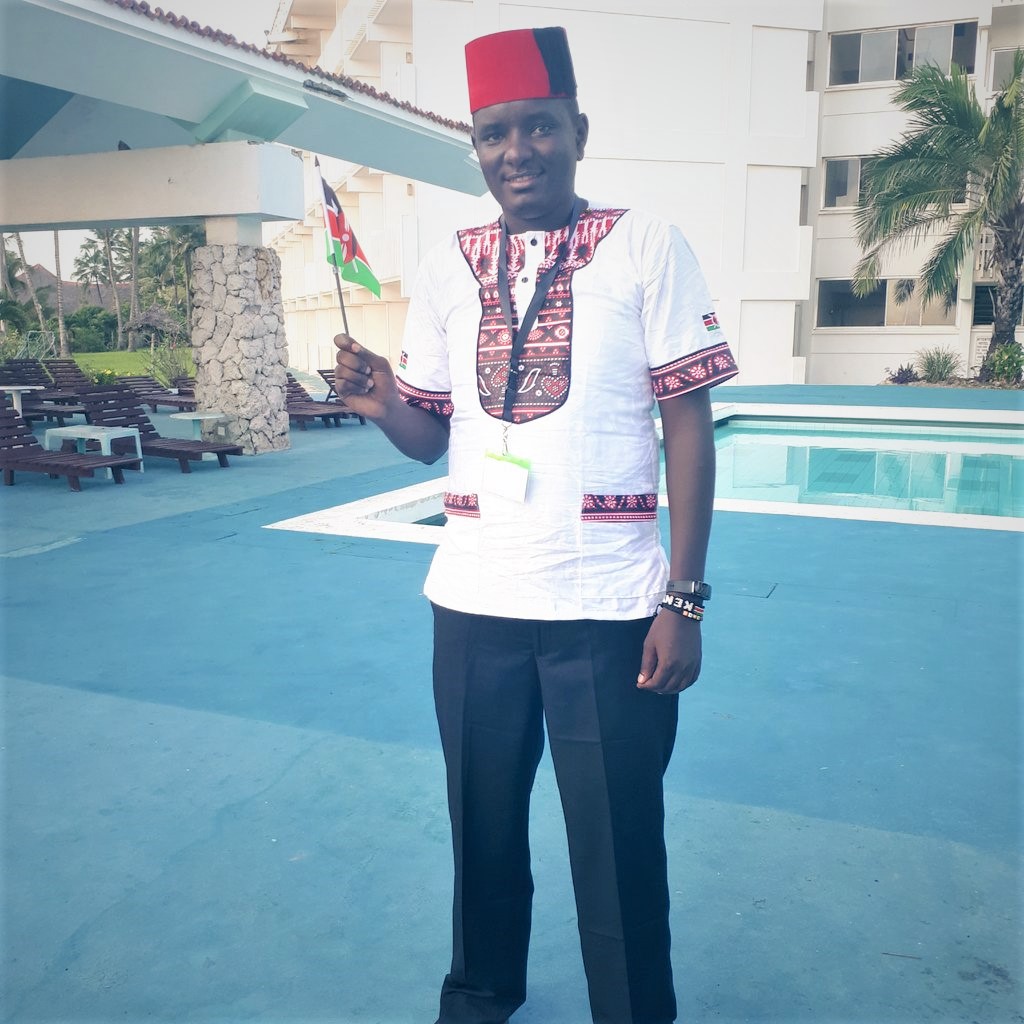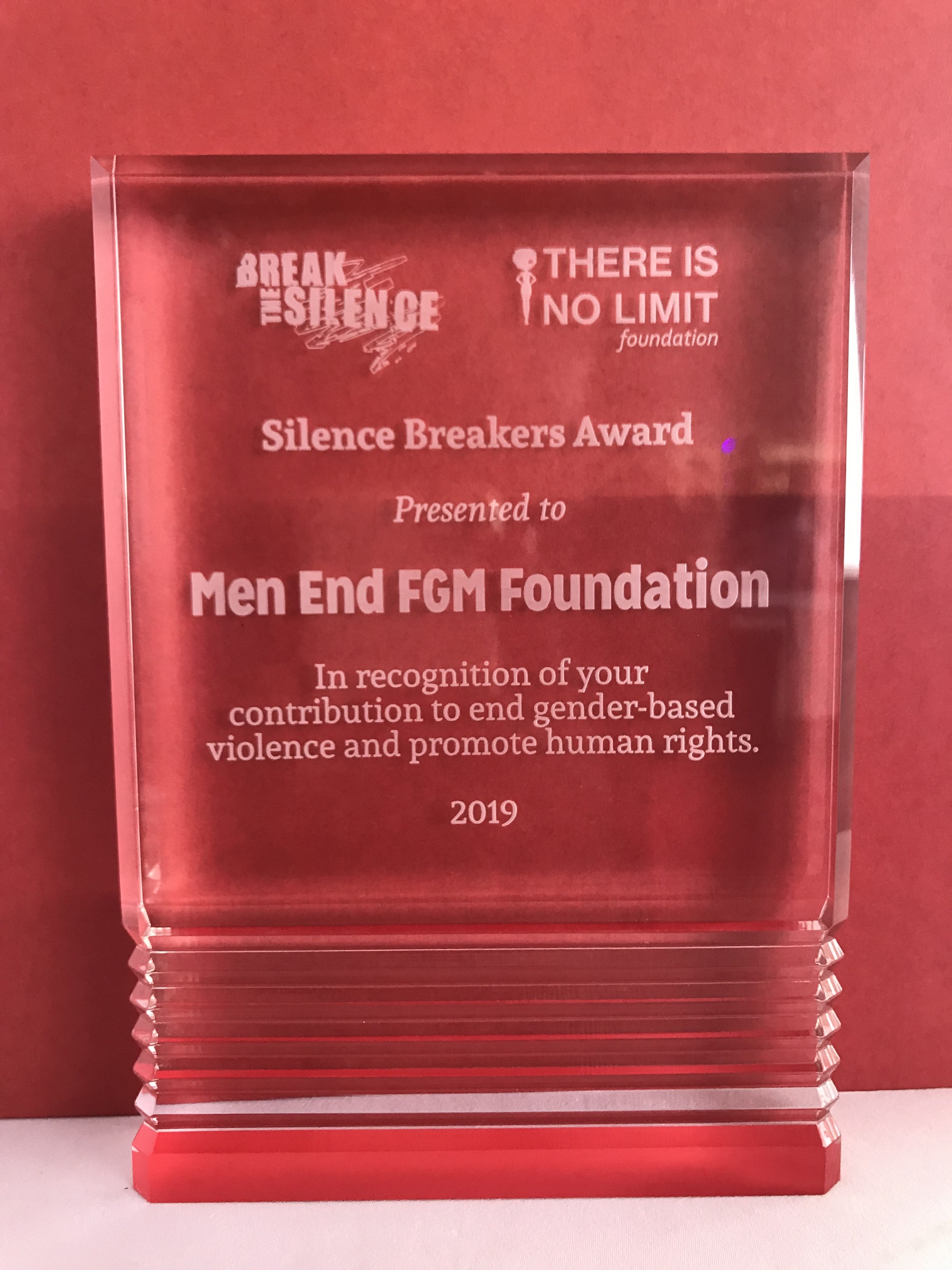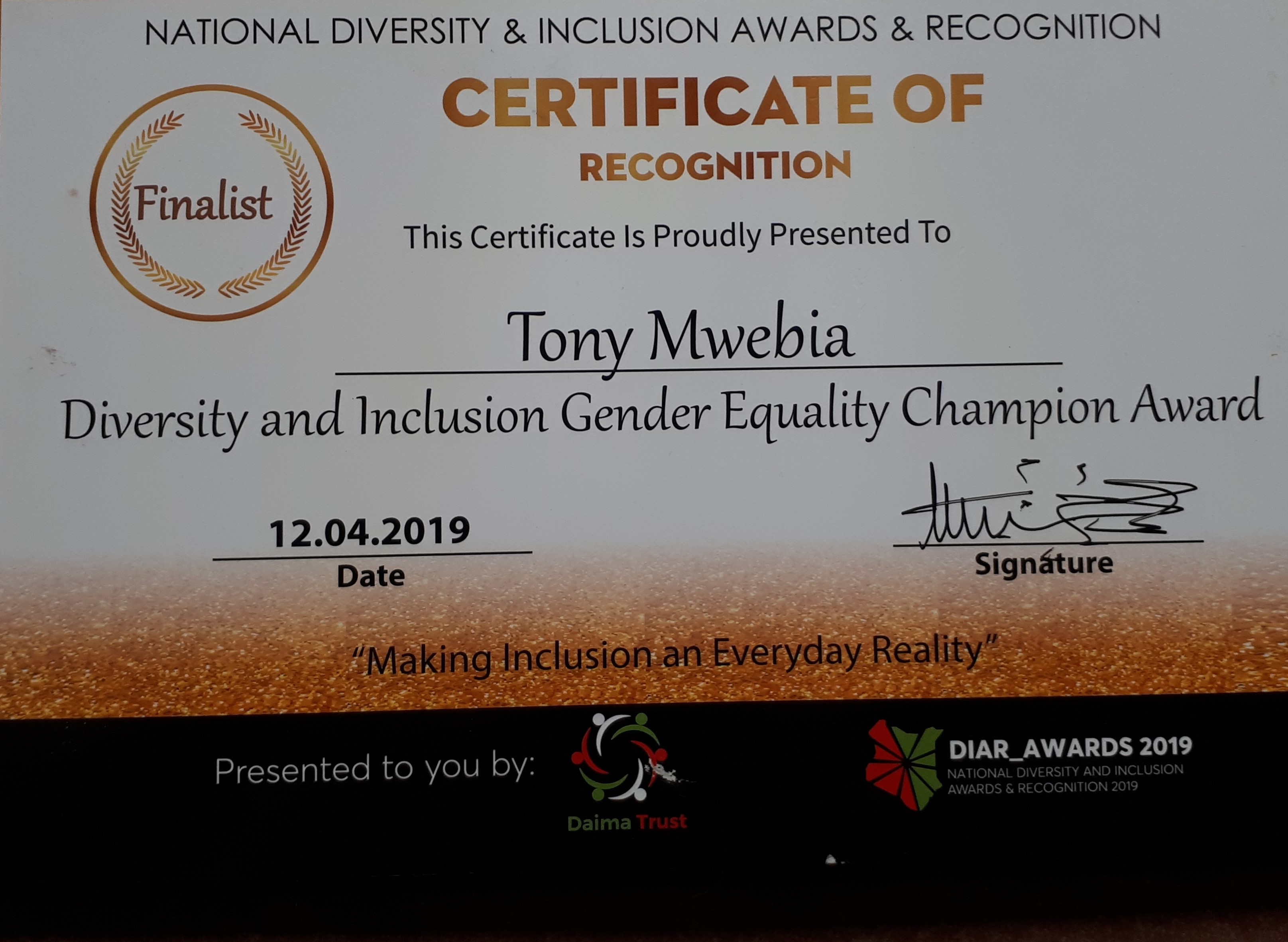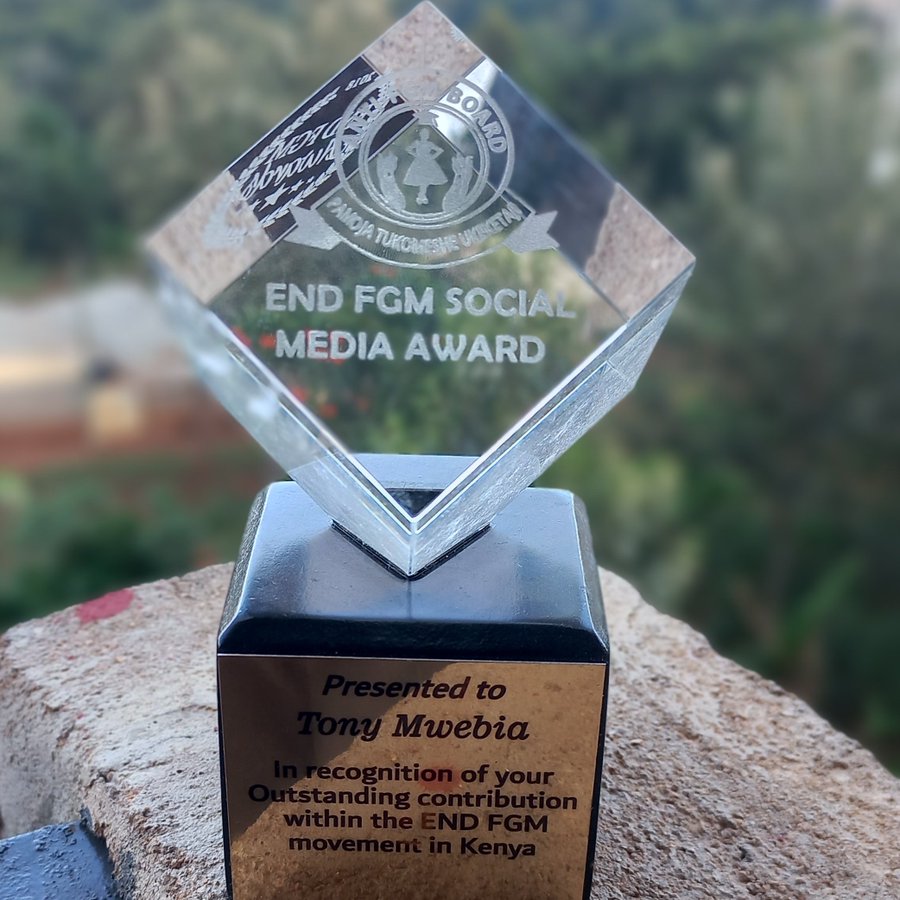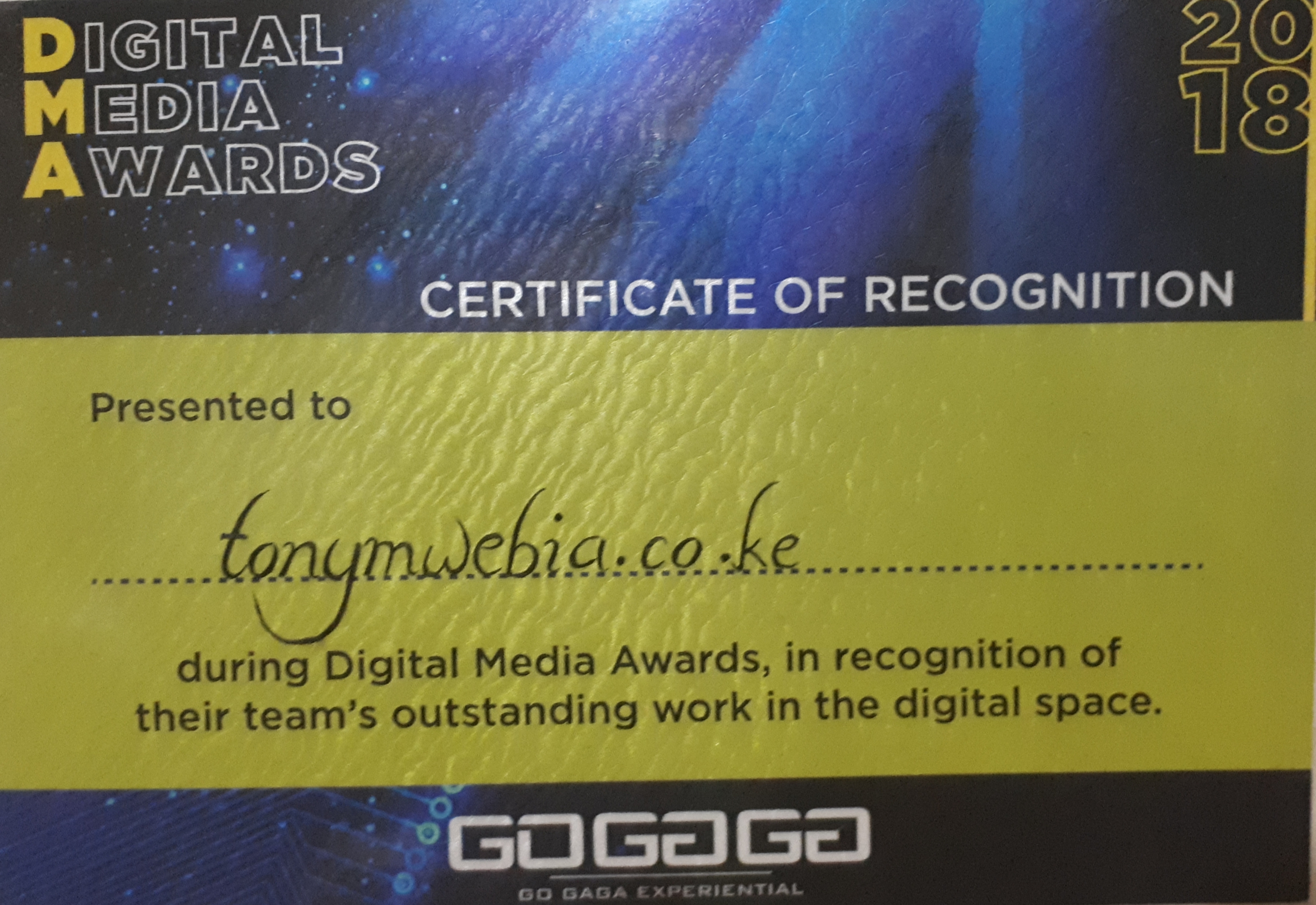Activists see the killing as a setback in the efforts to eliminate the practice, despite it being illegal in the east African country
Guests: Tony Mwebia – Founder Men End FGM Judie Kaberia – Journalists & Human Rights AdvocateConnect with KBC Online;Subscribe to our channel: h…
Guests: Tony Mwebia – Founder, Men End FGM Judie Kaberia – Journalist & Human Rights AdvocateHost: Serfine Achieng’Connect with KBC Online;Subsc…
FAMILY FEATURE – 21ST SEPTEMBER 2019 (AGENTS OF CHANGE) from Family Media on Vimeo.
For a long time, gender rights activists have been taunted as men haters.
Tony began shaping conversations around engaging men in ending FGM. “Men play a crucial role in ending FGM,” he says. “In many communities I have been to, men hold the gavel to the ending of the practice.”
In Kenya, anti-FGM activist Tony Mwebia is fighting for change
Two men in Kenya are rallying against the myths that perpetuate the violation of women’s and girls’ human rights through the centuries-old cultural tradition of female circumcision, more commonly known as female genital mutilation.
Boys and men have a big role to play in stopping the cut.
Parents in Kenya are increasingly taking their daughters to Tanzania, Somalia, Uganda to undergo female
Two men in Kenya are rallying against the myths that perpetuate the violation of women’s and girls’ human rights through the centuries-old cultural tradition of female circumcision, more commonly known as female genital mutilation.Says Tony Mwebia, “Men believe that girls who have undergone female genital mutilation will attract more dowry in terms of cows.
One in five women and girls aged between 15 and 49 in Kenya have undergone FGM – now the country is looking to end the practice.
Girls are under huge societal pressures to undergo the practice – often with a devastating impact on their education, says a report.
Tony Mwebia discusses global cultural practices of female genital mutilation/cutting (FGM/C). He urges religious leaders to take a clear stand against the practice, and emphasizes the value of community sensitization and the utility of the media in achieving significant change.


